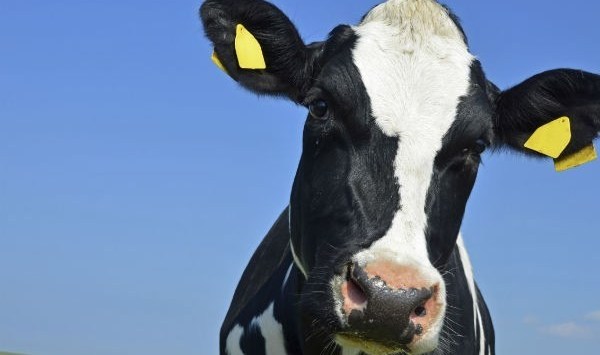

Aldi has been accused of potentially misleading customers and undercutting other beef producers because of the food labelling on its prize-winning ‘grass-fed’ beef cuts.
A Fairfax investigation into the discount supermarket’s Highland Park-branded beef found its beef cuts come from cattle that are sometimes fed grains but are being packaged as premium “grass-fed” beef cuts.
Some genuine grass-fed beef producers, which require a Pasture-fed Cattle Assurance System certificate, say they are being significantly undercut on price by the cuts sold by Aldi, while others say the products are being passed off as genuine “grass-fed” cuts at prestigious food shows.
Aldi has downplayed the concerns by explaining the cattle it sources for the beef product are given supplementary feed with grain in bad weather conditions and cited animal welfare concerns.
In a statement provided to SmartCompany this morning, an Aldi spokesperson says the supermarket chain is “fully compliant” with all current legal requirements for food labelling.
“This includes the labelling of Aldi’s Highland Park Grass Fed Beef,” the spokesperson said.
“Highland Park cattle feed on grass, however supplementary feeding occurs when bad weather conditions necessitate it, such as droughts.
“This is essential for the cattle’s welfare and does not compromise the quality of the products.”
Aldi says its entry of the Highland Park products into major food shows around the country is “fully compliant” with the competition criteria set by shows but confirmed the grass-fed range was not certified pasture fed and does not carry the certified pasture fed trademark.
Alistair Little, partner at TressCox Lawyers, told SmartCompany this morning this is not the first time Aldi has run into problems with food labelling issues.
Little says back in 2011, Aldi entered into an arrangement with the Australian Competition and Consumer Commission, including an enforceable undertaking, after it was found to be marketing a honey product as being a honey sourced from Kangaroo Island.
Little believes it is likely there is “some element of sensitivity” in terms of the latest claims.
“It’s likely Aldi will be fairly careful about the matter,” Little says.
“The complexity here is Aldi say… they are compliant with requirements with regards to labelling products as grass-fed beef.”
Little says because there are no requirements set out in Australian Consumer Law with regard to labelling of grass-fed beef, it means businesses have to go back to general law to see if something is deceptive.
“The general legal position is if a statement made on a product would mislead consumers or is likely to mislead consumers, it could be in breach of Australian Consumer Law,” he says.
“The question is if consumers would believe if grass-fed beef is entirely grass-fed.”
Little says that is a question which would potentially need to be determined by a judge in a court of law, and says he “wouldn’t be at all surprised” if other producers who think they are being undercut on price went down that path.
“I’d say there’s a very real prospect those who feel they are being undercut will take it to the ACCC,” he says.
“Bearing in mind the ACCC has previously stepped in with regards to food labelling with Aldi and they may well do so again.”
Little says product labelling is a “hot issue” at the moment, with calls for clearer regulation with regards to not just country of origin product labelling but organic food and other kinds of labelling as well.
“Consumers are becoming more demanding about where their products come from and what kind of farm they come from, whether they’re free range eggs or battery eggs, organic produce or farm produce,” Little says.
“I see this as being the latest in what I think is going to be a series of battles about the way in which food products are labelled, whether its free range, organic or grass-fed.”


COMMENTS
SmartCompany is committed to hosting lively discussions. Help us keep the conversation useful, interesting and welcoming. We aim to publish comments quickly in the interest of promoting robust conversation, but we’re a small team and we deploy filters to protect against legal risk. Occasionally your comment may be held up while it is being reviewed, but we’re working as fast as we can to keep the conversation rolling.
The SmartCompany comment section is members-only content. Please subscribe to leave a comment.
The SmartCompany comment section is members-only content. Please login to leave a comment.